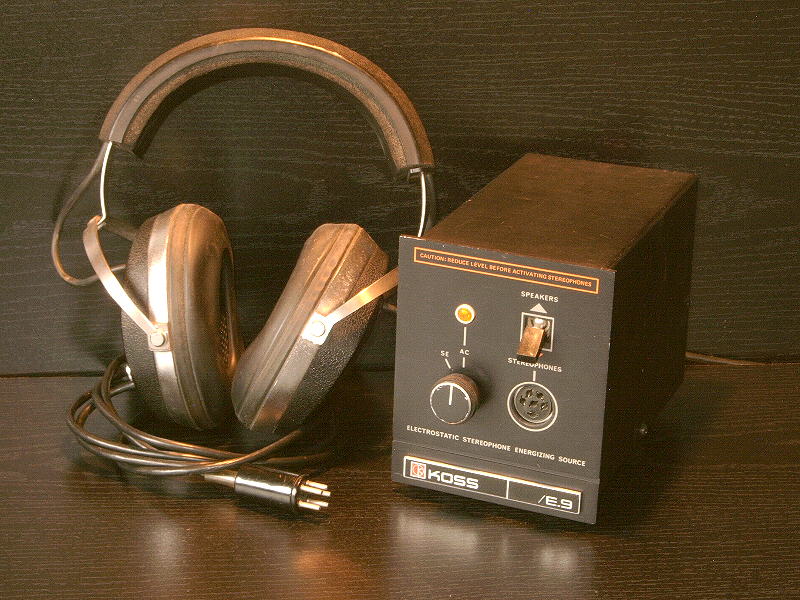Unit 6
Economic
activity- Actions that involve the production, distribution and consumption of
goods and services at all levels within a society.
Economic
agent- A person, company, or organization that has an influence on the economy
by producing, buying, or selling.
Goods- possessions
and personal property.
Services- Work
performed for remuneration.
Production- The act of bring something into existence.
Distribution- The act of dispersing or the condition of being dispersed.
Marketing- The
act or process of buying and selling in a market.
Consumption-
The act or process of consuming (to use up).
Supply- To
furnish with something that is required.
Demand- To
request peremptorily or urgently.
Inflation- A progressive increase in the general level of prices brought about by an
expansion in demand or the money supply or by autonomous increases in costs.
Profit- Excess
of revenues over outlays and expenses in a business enterprise over a given
period of time, usually a year.
Tax- A compulsory financial contribution imposed
by a government to raise revenue, levied on the income or property of persons
or organizations, on the production costs or sales prices of goods and
services.
Raw
material- A substance in its natural state that will be used to make something
else in an industrial process.
Telecommuting- The use of home computers, telephones,… to
enable a person to work from home while maintaining contact with colleagues,
customers, or a central office.
Employer- A person who employs.
Employee- A person who is hired to work for another.
Self-employed- Not working for an employer but having your own business or finding work for
yourself.
Active
population-The fraction of a population that is either employed or actively
seeking employment.
Inactive
population- All persons who were neither "employed" nor
"unemployed" during the short reference period used to measure
"current activity".
Disabled- Lacking one or more physical
powers, such as the ability to walk or to coordinate one's movements, as from
the effects of a disease or accident, or through mental impairment.
Retired- To give up or to cause (a person) to give up
his work.
Full-time
contracts- It’s a legal agreement that is enforceable in a court of law or by
binding arbitration in which an employee agrees to work on a fulltime basis for
a specified period.
Part-time
contracts- It’s a form of employment that carries fewer hours per week than a
full-time job.
Unit 7
Plot- A small piece of land that is intended for a particular purpose.
Soil- The
material on the surface of the ground in which plants grow.
Crop
rotation- A method of farming where a number of different plants are grown one
after the other on a field so that the soil stays healthy and fertile.
Intensive
agriculture- A way of producing large amounts of crops, by using chemicals and
machines.
Extensive
agriculture- Farming that uses traditional methods and uses less labour and
investment than more modern methods in order to farm fairly large areas of land.
Dryland
farming- A mode of farming, practiced in regions of slight or insufficient
rainfall, that relies mainly on tillage methods rendering the soil more
receptive of moisture and on the selection of suitable crops.
Irrigated
farming- Farming based on the artificial distribution and application of water
to arable land to initiate and maintain plant growth.
Polyculture- The raising at the same time and place of more than one species of plant or
animal.
Monoculture- The use of land for growing only one type of crop.
Greenhouses- A building with transparent walls and
roof, usually of glass, for the cultivation and exhibition of plants under
controlled conditions.
Subsistence
agriculture- Farming that provides enough food for the farmer and their family
to live on, but not enough for them to sell.
Shifting
cultivation- A land-use system in which a tract of land is cultivated until its fertility diminishes,when it is abandoned until this is restored naturally.
Livestock
farming- Raising of animals for use or for pleasure.
Housed
livestock- Animals are fed with fodder in farm buildings.
Cattle- Cows
and bulls that are kept for their milk or meat.
Fodder- Food
that is given to cows, horses, and other farm animals.
Rear- At the back of something.
Fishing
grounds- An area in a body of water where fishes congregate.
Aquaculture- The cultivation of freshwater and marine resources, both plant and animal, for
human consumption or use.
Overfishing- Catching too many fish in an area of the sea so that there are not many fish
left there.
Fleets- A group of ships or all of the ships in a country's navy.
School of
fish- A group of fish, all together.




